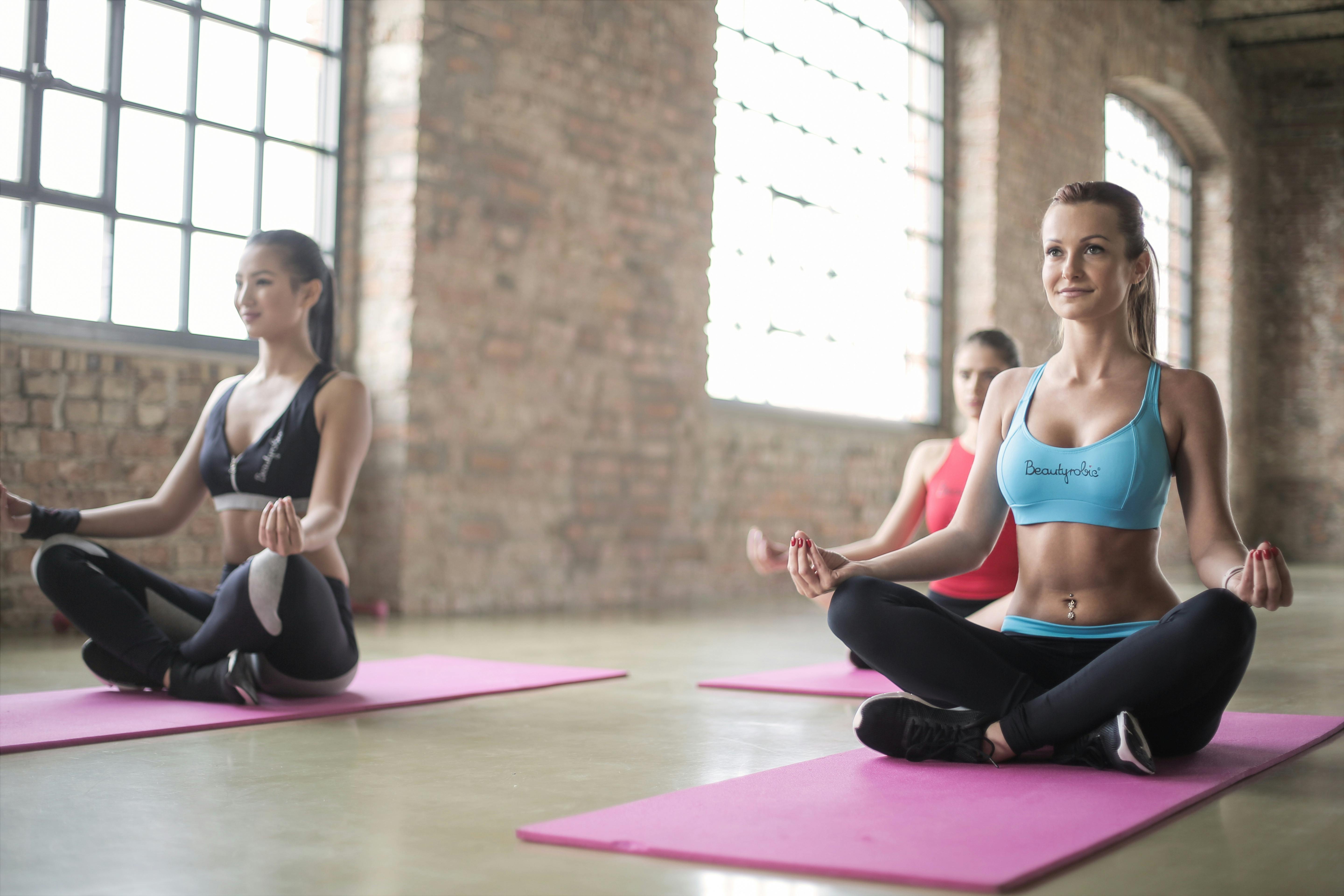What does the research say?
A scientific study measured the effects of yoga on various physical fitness factors. The findings showed significant improvements in:
- Balance: Yoga enhanced single-leg stability and step coordination, reducing the risk of falls.
- Strength: Participants showed increased muscle endurance, particularly in movements like chair stands and arm curls.
- Flexibility: Yoga improved the range of motion in the spine, shoulders, and legs through deep stretching.
- Mobility: Those who practised yoga had better walking speed and agility, key indicators of functional fitness.
These improvements were observed across multiple yoga styles and intensities, showing that yoga is not just about relaxation: it also builds physical resilience.
How yoga functions as exercise
While yoga may not look like a traditional gym workout, it challenges the body in several ways that align with standard exercise principles.
Strength and muscle endurance
- Yoga involves isometric exercises: Holding positions like Warrior Pose or Plank, which engage muscles without movement, similar to resistance training.
- Poses target core muscles, legs, and upper body, improving posture and overall strength over time.
Flexibility and joint health
- Regular yoga practice helps lengthen muscles and connective tissues, reducing stiffness.
- Increased flexibility contributes to better joint mobility and lower injury risk.
Cardiovascular benefits
- While not traditionally aerobic, dynamic styles like Vinyasa Flow or Ashtanga elevate heart rate, offering cardio benefits similar to brisk walking or cycling.
- Yoga has been linked to lower blood pressure, reduced cholesterol levels, and better heart health.
Balance and coordination
- Poses requiring stability and focus improve body awareness and neuromuscular control.
- Studies show yoga significantly enhances balance, which is crucial for movement efficiency and injury prevention.
Beyond the physical: Yoga’s mental and emotional benefits
Unlike many forms of exercise, yoga combines physical movement with breath control and mindfulness, making it a unique workout for both body and mind.
- Reduces stress: Deep breathing and meditation activate the parasympathetic nervous system, helping manage stress.
- Improves sleep: Regular yoga practice has been linked to better sleep quality, crucial for muscle recovery and overall wellbeing.
- Enhances mental focus: The mindfulness aspect of yoga improves concentration, emotional regulation, and mental clarity.
Final thoughts
If you are looking for a workout that challenges muscles, supports joint health, and reduces stress, yoga is an excellent choice. For those who prefer higher-intensity workouts, adding a dynamic style like Vinyasa, Power Yoga, or Ashtanga can provide both strength-building and cardiovascular benefits. Even gentle yoga provides functional benefits for the body.
Ultimately, the best workout is the one that keeps you moving, and yoga can be an effective and sustainable way to stay active.



